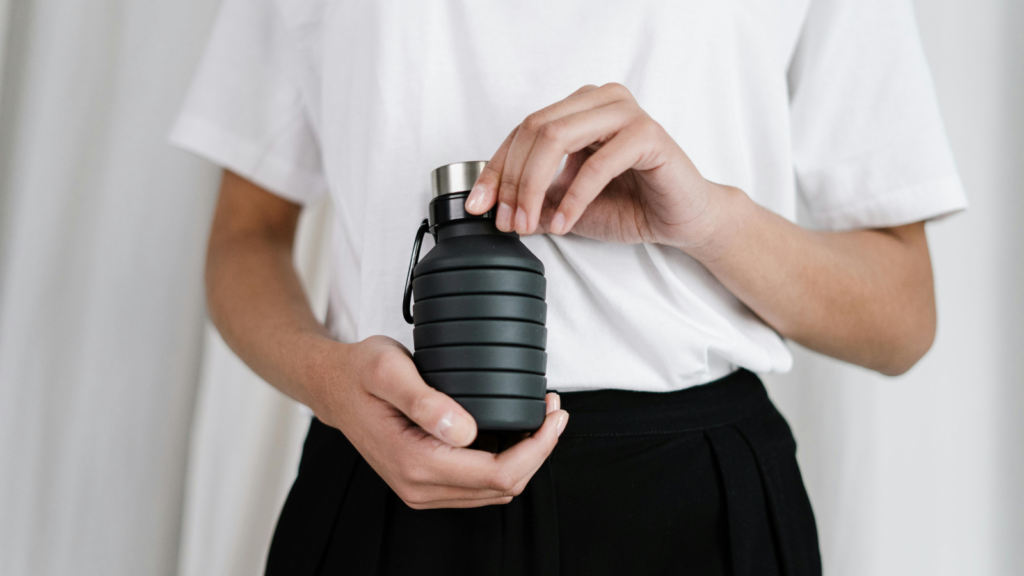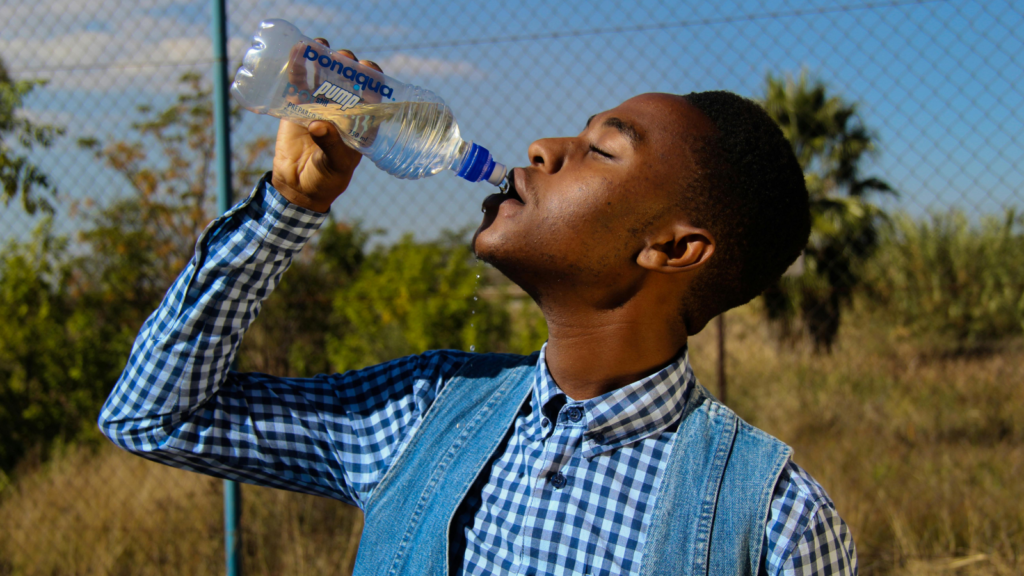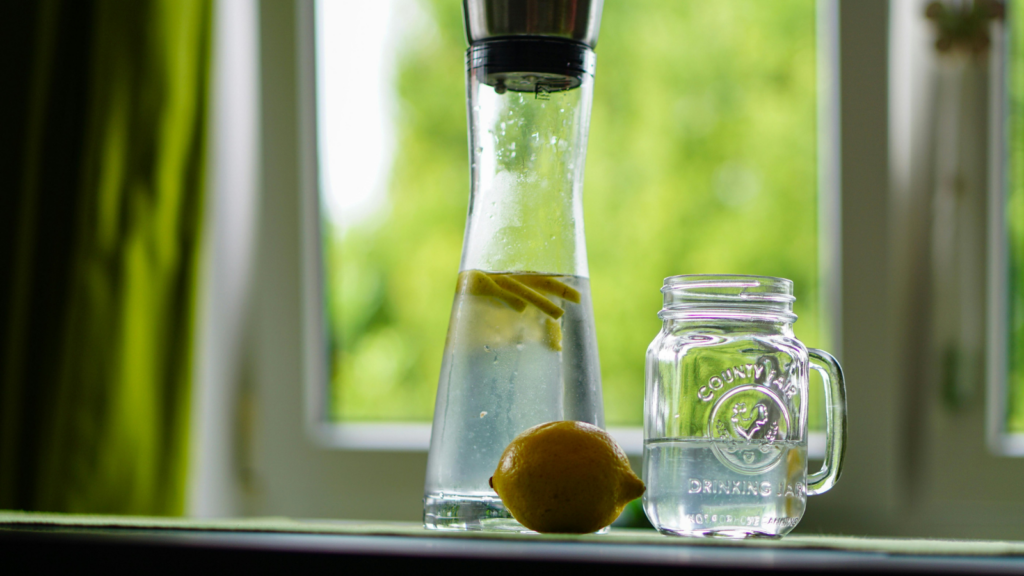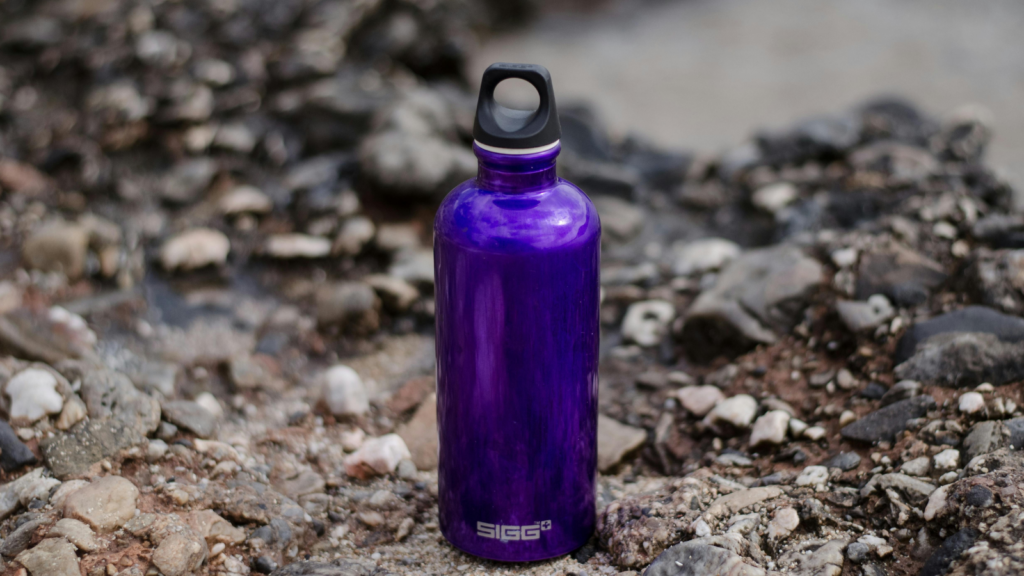Navigating the world of food safety can often seem like a maze full of rules and regulations. One question that often pops up is: what type of beverage container must a food handler use? It’s not just about convenience, but about maintaining the highest standards of hygiene and preventing contamination.
This article will delve into the specifics of beverage containers for food handlers. We’ll explore the various types of containers, the reasons behind the rules, and the potential consequences of not adhering to these guidelines. Join us as we answer the question, what type of beverage container must a food handler drink from at work?.
What Type of Beverage Container Must a Food Handler Drink From at Work?

The selection of a beverage container by a food handler directly impacts workplace hygiene practices. Typically, the most acceptable choice of container is one that is covered and has a straw. This design aids in preventing accidental spilling or introduction of germs, thus reducing the potential for food contamination. The materials of the container play indeed a crucial role. For instance, stainless steel or BPA-free plastic containers can assure durability and safety. These containers are easy to clean, reusable, and lessen the risk of breaking in a busy kitchen environment.
Best Practices for Using Beverage Containers

Adherence to regulations for beverage containers by food handlers stands as critical in maintaining supreme hygiene. When it comes to the question of “what type of beverage container must a food handler drink from at work,” the answer remains consistent across most industries. Food handlers find favor in using covered containers, additionally equipped with straws, to prevent accidental spills and the introduction of contaminants.
Selection plays a key part in these best practices. Prioritize materials like stainless steel and BPA-free plastic, in light of their durability, simplicity of cleaning, reusability, and reduced risk of breakage, notably useful in high-tempo kitchen environments.
It’s important to remember some do’s and don’ts to further maintain hygiene. First, ensure containers uphold cleanliness, subjecting them to regular washing. Second, limit the container’s exposure to the food preparation area. Lastly, safe storage for the containers, when not in use, acts as another fundamental measure.
Through the implementation of these best practices, you can easily answer the question of, what type of beverage container must a food handler drink from at work?.
Regulatory Guidelines and Legal Requirements

Current regulations dictate the type of beverage container a food handler drinks from at work. Food handlers abide by federal directives such as the Food and Drug Administration’s (FDA’s) Food Code. This code forbids food handlers from drinking from open containers in food prep areas, as contamination becomes a risk. Sanitary, covered containers with a straw qualify as preferred options. They also meet Occupational Safety and Health Administration (OSHA) standards, which insist on safe drinking vessels in workplaces.
State laws differ, hence food handlers must familiarize themselves with local health department’s container regulations. For instance, some states mandate spill-proof, enclosed containers while others specify straw usage. Regular container inspection ensures health code regulations compliance. Any breach might invite penalties or the suspension of operation licenses. Observation of such rules contribute to a hygienic, safe food service sector.
Choosing the Right Beverage Container
It’s clear that choosing the right beverage container is a critical aspect of food safety when wondering what type of beverage container must a food handler drink from at work? Food handlers must opt for covered containers with straws, preferably made from stainless steel or BPA-free plastic. Not only do these materials offer durability, but they also uphold high cleanliness standards. Regular washing and safe storage are key practices to remember. Moreover, adherence to regulatory guidelines and legal requirements, such as the FDA’s Food Code and OSHA standards, is non-negotiable. As state laws differ, it’s essential to comply with local health department regulations to avoid any legal issues. By following these guidelines, food handlers can ensure a safe and hygienic food service sector.



